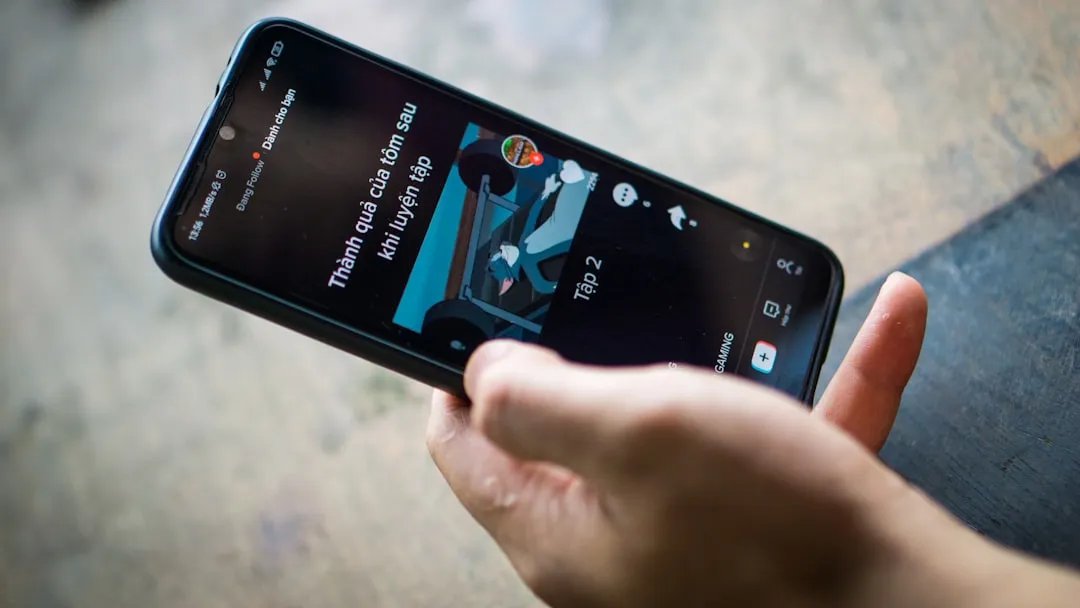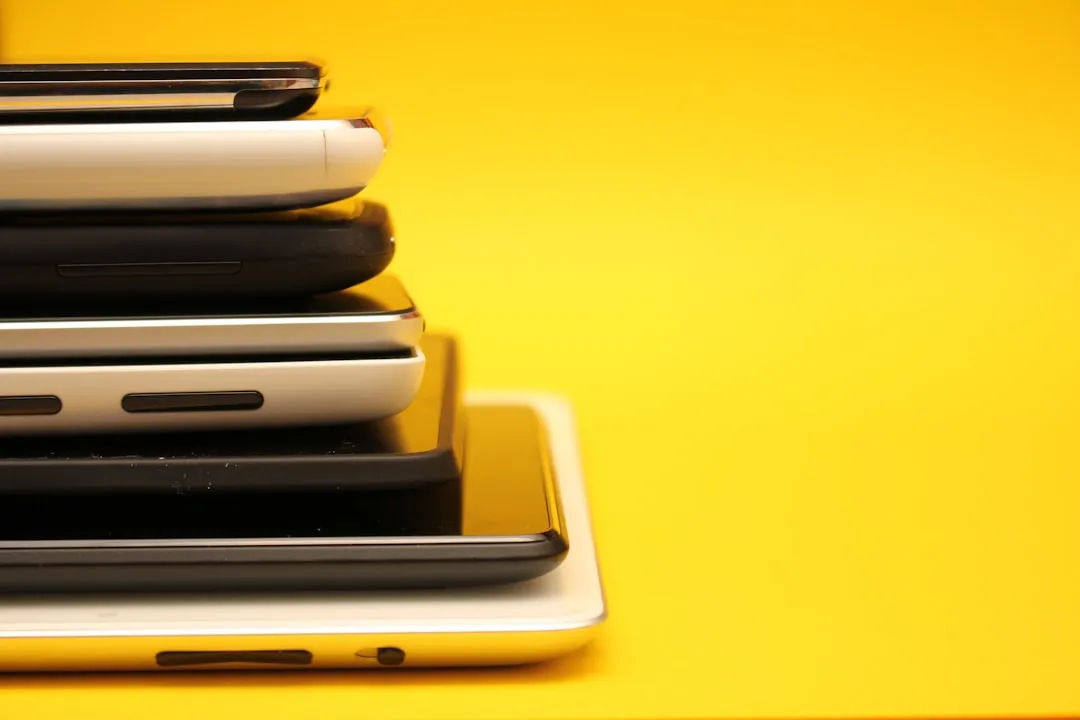With Gboard, Google created a keyboard with more functionality than just inputting words. The app includes features such as GIF search and live text translation, but it gets even better when you let it learn more about you. With this data, Gboard grows from a good keyboard to one that can complete your sentences.
As with many Google services, Gboard collects a host of data from its users. While you are free to use Gboard without giving away this information, there are some distinct advantages to allowing them access. Below, I'll go over each major permission Gboard can request and explain the benefits you'll gain by letting Google collect that particular data.
Access to Your Contacts
After installing Gboard on an Android device, the app will prompt you for permission to view your contacts. For iOS users, you need to manually enable this permission by opening the app, selecting "Search settings" then choosing "Contacts search."
When given this permission, Gboard will add all of the names of your contacts to your personal dictionary and start suggesting the names of contacts as you are typing. Especially for individuals with non-traditional names, this will greatly expedite texting.

Location Data
Gboard also benefits from accessing your location data. With this data, after selecting the "G" icon above the keyboard, you can search for and easily share your local weather. This also yields more relevant search results when you type general queries into Gboard, as Google can then use the context of your location to surface links that are more popular in your area.
Additionally, thanks to Google Maps integration, you can use the same icon to search for local businesses (including food establishments) using the phrase "X by me" (replacing X with the name of the business or type of business). The search result can be shared with those you are communicating with, allowing for an easy way to establish a meetup location with your friends.

SMS Messages
This permission is exclusive to Android devices. Gboard asks for permission to view your text messages to "learn" who you are. Using your conversations, Google processes how you communicate, including how you string words together. Then, when making next-word suggestions, it will use this data to recommend the word with the highest chance of being next based on what you wrote previously.

Google Apps & Services
For Android devices, there is an option known as "Personalized suggestions." When enabled, Google will collect your typed data (more on that later) in addition to data from the other Google apps and services you use.
Using this information, the suggestion strip will modify recommendations based on words you previously used. For example, the terms you've searched for in Google search will now be suggested when it sees a similar phrase being typed. Proper nouns, such as the names of restaurants and people, will be added to your dictionary of words to suggest. Your email address will be now be added to the suggestion strip when Gboard thinks that's what you're typing out.

Text Input
As a keyboard app, Gboard must capture the text you input and relay it to the operating system. However, Google doesn't want Gboard to be a "dumb" app, so instead of just relaying this data, Google collects it for analysis as well. Every time you use Gboard, Google securely transmits this data to its servers and feeds it through a machine learning algorithm to improve suggestions.
This data can be either anonymous or specific to you. When you first use Gboard, the next-word suggestions are primarily based on anonymized data from all Gboard users (the exception being if you gave Gboard access to your contacts and SMS history on Android). This information was collected from every Gboard user with US English set as their language, then dumped into a pool and analyzed in bulk.

However, Gboard will become smarter when you enable "Personalized suggestions". Using your own text input and data from other Google services, Gboard will modify both the suggestion strip and the next-word suggestions to better reflect your way of communicating. These can even include emoji suggestions.
Another tool available thanks to "Personalized suggestions" is predictive search. By monitoring what you are inputting, Gboard will suggest web queries and GIFs. To see this in action, try typing "Want to see a movie tonight?" Gboard will suggest you conduct a Google search for a nearby movie theater to assist you in your conversation. You can disable this option under "Search" (or "Search settings" for iOS users).

Speech to Text
Giving Gboard access to your microphone opens up the door for speech-to-text. Whether texting is inaccessible or you're just too lazy to use your thumbs, speech-to-text is a convenient tool for quickly transcribing your thoughts.
However, this tool is only useful when it works well, and Google is one of the few companies that have pulled it off. This is because Google saves the audio of your dictated messages and processes the accuracy of the text in comparison to what you spoke. Using this information, speech-to-text in Gboard (and several other Google services) now accurately transcribes 119 different languages and recognizes words even when the user has a heavy accent. Without users' data, there is no way this feature would have grown so quickly from its initial inception.
Anonymous Usage Data
Gboard collects anonymous usage data from all its users for bug fixes and improvements. Using this data, it can identify any hiccups specific to certain hardware arrangements that it couldn't have accounted for during development.
Despite the failures of some companies, Google has a good track record for protecting its users' data. With data from millions of users, Google has been able to create a great keyboard app that continues to evolve over time. What do you think about Gboard's data collection? Will you now allow Gboard more access to your information? Let us know in the comments below.
- Follow Gadget Hacks on Facebook, Twitter, YouTube, and Flipboard
- Follow WonderHowTo on Facebook, Twitter, Pinterest, and Flipboard
Cover image and screenshots by Jon Knight/Gadget Hacks

























Comments
Be the first, drop a comment!